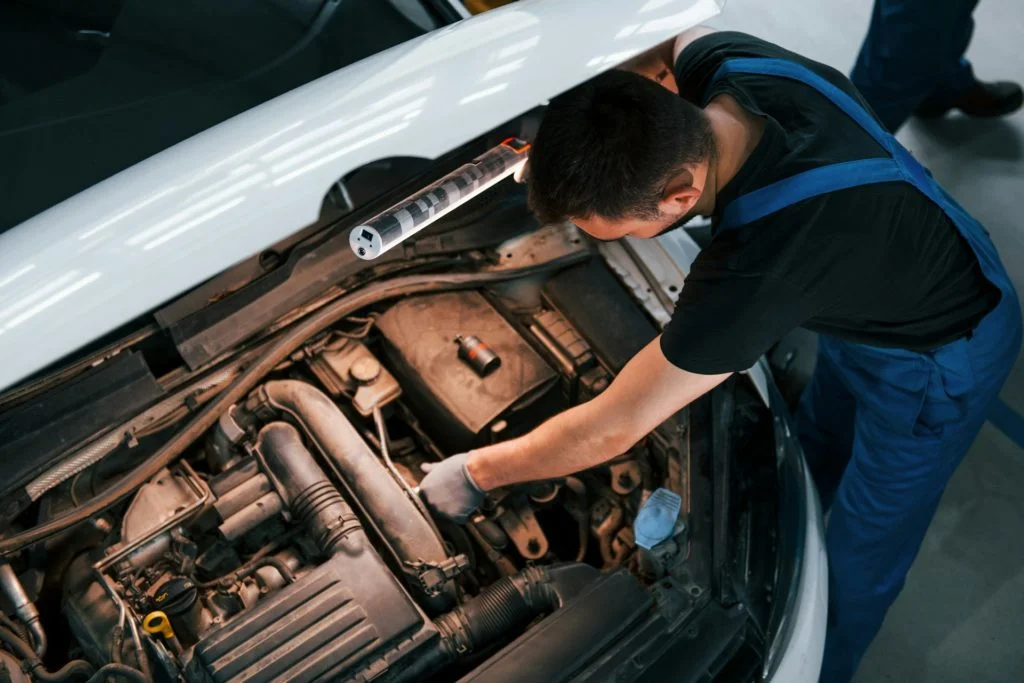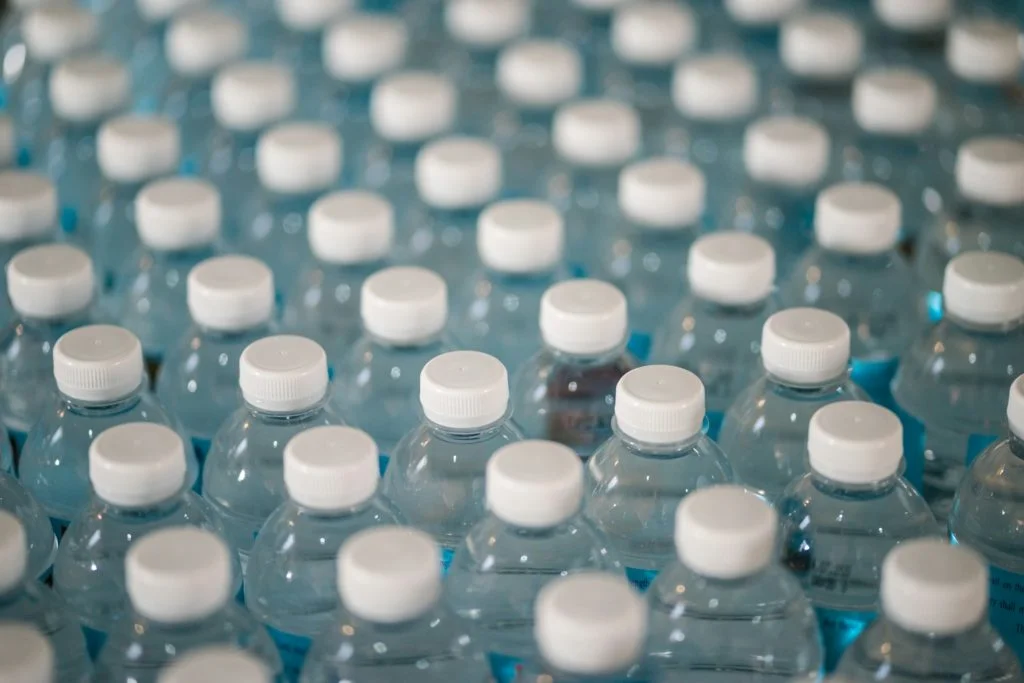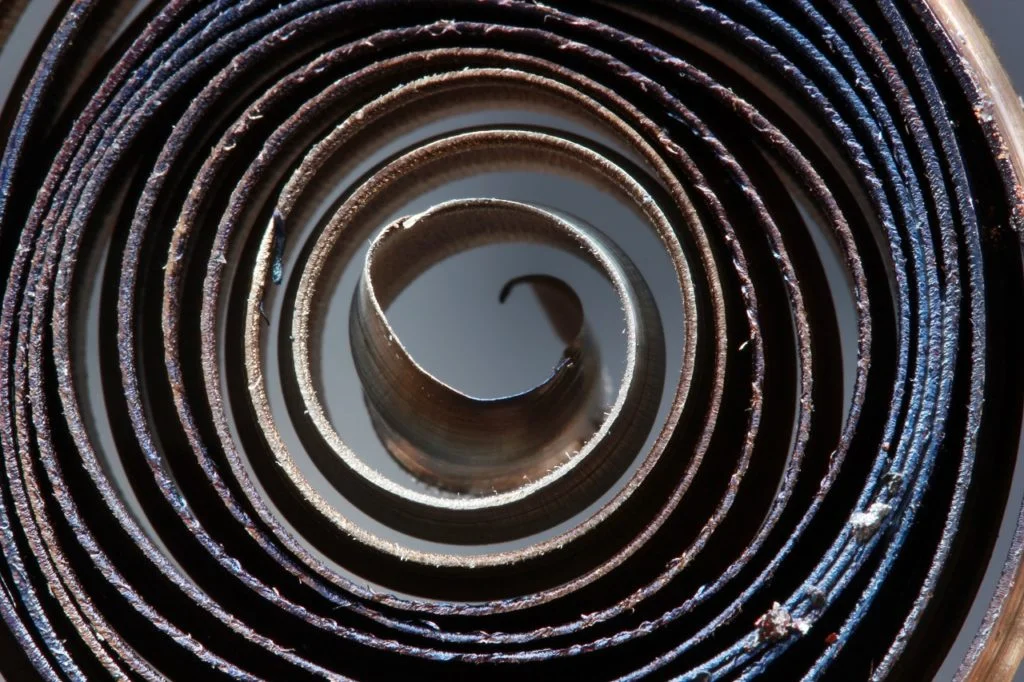Recycling and plastic reprocessing has become a crucial part of our daily lives, not just because it’s environmentally friendly, but because it’s also necessary to preserve our planet. Plastic, in particular, is a material heavily used in various industries and households, and the UK is no exception. However, not all plastic products innovation are created equal, and it’s essential to know which types can be recycled and which cannot.
This blog will delve into the different types of plastics you can recycle and reprocess in the UK.
1. High-Density Polyethylene (HDPE)
HDPE is a versatile and widely used plastic in the UK. It is used for products like milk jugs, shampoo bottles, cleaning product containers, and plastic picnic tables. It’s a sturdy plastic that is resistant to many chemicals, which is why it’s often used for containers that need to be sturdy and long-lasting. The UK has plastic solutions including reprocessing infrastructure for HDPE, and most reprocessing facilities nationwide can handle this type of plastic.
2. Polyethylene Terephthalate (PET or PETE)
PET is another commonly used plastic in the UK. It’s most widely used for soft drink bottles and other food and drink containers. PET is a clear, strong, lightweight plastic safe for food and drink storage. Most reprocessing facilities in the UK can recycle PET, making it a highly recyclable plastic.
3. Polypropylene (PP)
Polypropylene is a tough and heat-resistant plastic. It’s used for products like food containers, plastic parts, and reusable containers of various types. PP is also commonly used for packaging and labeling. While not all reprocessing facilities can handle PP, many can, and the UK is expanding its reprocessing capabilities and plastic process for this type of plastic.
4. Low-Density Polyethylene (LDPE)
LDPE is a soft and flexible plastic. It’s used for things like plastic bags, six-pack rings, and various containers and tubs. LDPE is less widely recycled than HDPE or PET, but there are still facilities in the UK that can handle this type of plastic.
5. Polyvinyl Chloride (PVC)
PVC is a tough and durable plastic. It’s used for pipes, vinyl siding, and inflatable structures. PVC is less widely recycled than some other types of plastic, but the good thing is there are facilities that can handle it.
6. Polystyrene or Styrofoam (PS)
Polystyrene, often known by the brand name Styrofoam, is a lightweight plastic used for things like foam cups, plates, egg cartons, and packing peanuts. PS is not as easily recyclable as other types of plastic and is not accepted by all reprocessing facilities. However, some facilities in the UK can recycle PS.
7. Other Plastics (Number 7)
This category includes all other types of plastic that don’t fit into the different categories. This can include things like certain types of food packaging and plastic cutlery. These plastics are less widely recycled than the others, but some facilities in the UK can handle them.
While the above list gives a good overview of the different types of plastic that can be recycled, it’s important to remember that not all reprocessing facilities can handle all types of plastic. It’s always a good idea to check with your the reprocessing facility directly to determine what types of plastic they can accept.
It’s also worth noting that not all plastic items can be recycled, even if they’re made from a recyclable type of plastic. For example, reprocessing facilities often do not accept plastic bags and films because they can clog machinery. Similarly, small plastic items can be problematic because they can fall through the machinery and not be recycled.
Finally, while reprocessing is an integral part of managing plastic waste, it’s not the only solution. Reducing our use of plastic and reusing plastic items as much as possible is also crucial. By doing our part to recycle, reduce, and reuse, we can help to minimize the impact of plastic waste on our planet.
Conclusion
The UK has made significant strides in plastic reprocessing. But there is still work to be done. By educating ourselves about the types of recyclable plastics and following best practices, we can all contribute to a greener, more sustainable future. Remember, every piece of plastic you recycle or reprocess is one less piece that ends up in a landfill or the ocean. So, let’s do our part to keep our planet clean and healthy.
Pulse Plastics is a leading innovator in the UK’s plastic industry, offering specialist solutions for plastic waste management and manufacturing. As an independent firm, our company’s commitment to innovation and its unique approach to plastic waste management clearly position Pulse Plastics as a critical player in the UK’s plastic industry. For more information or to explore partnership opportunities for plastic solutions in the UK, contact us today.


